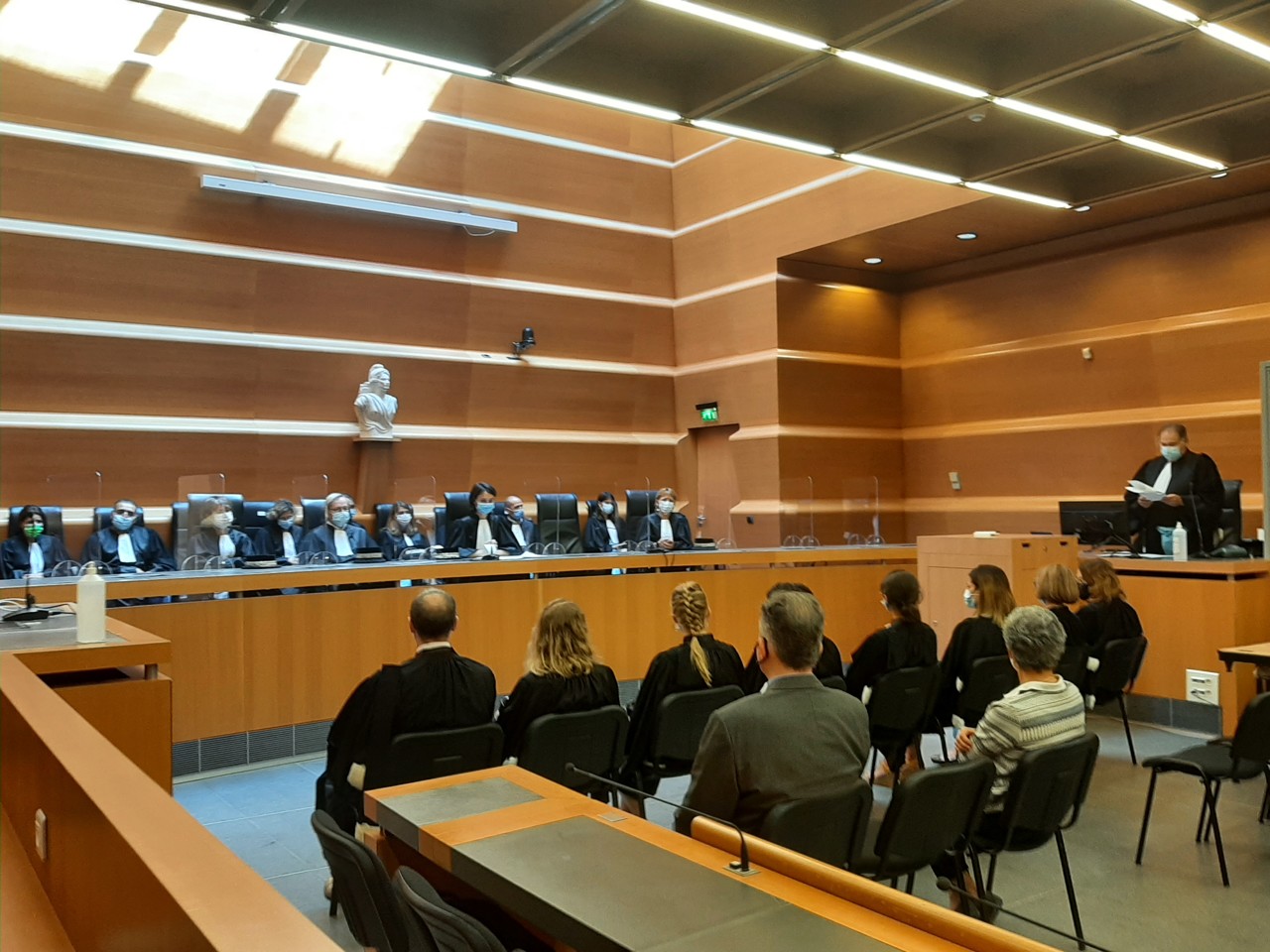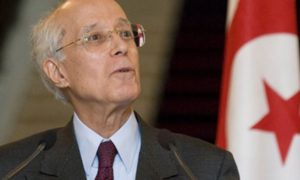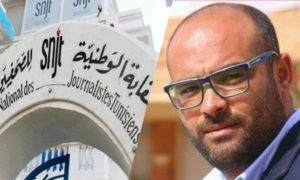“Mr. Makni relays a column written by the former Tunisian Minister of Foreign Affairs, echoing Tunisia’s stance, which starkly differs with those of France, the United States, and Israel. Marcel, Makni’s attorney, argues that debating these differing views does not constitute an apology for terrorism, particularly since Makni has explicitly condemned violence against civilians. The question arises: Is the only acceptable public stance that of the French government?
Nevertheless, the CRIF (Representative Council of Jewish Institutions of France) has actively sought severe penalties against Makni. Éric Hattab, representing CRIF Grenoble-Isère, unequivocally said on France Bleu and France 3 that equating acts perpetrated by Hamas against Jews with resistance is, by definition, an apology for terrorism.
Despite these opposing views, Makni’s lawyer contends that nothing lawfully incriminates the 73-year-old Franco-Tunisian, highlighting the significance of freedom of opinion and expression. The law, especially Article 421-2-5 of the Penal Code, which concerns the advocacy of terrorism, has been critiqued for its vagueness and potential infringement on the principle of legality of offences and penalties as outlined in Article 7§1 of the ECHR.
Judicial precedent, including the Jacques Vabres judgment and decisions by the Court of Cassation, supports the view that laws not in conformity with international treaties or that infringe on fundamental freedoms cannot be applied against the accused. Me Marcel’s defence advocates for Makni’s acquittal, highlighting the crucial role of judicial authority in safeguarding individual freedoms. The case’s resolution is anticipated on March 26, 2024.”
“It’s disgraceful, there is no debate. Disembowel a woman, take away her baby, […] indiscriminately kill civilians; burning them are acts of terrorism. […]. Today we have made law and there is a precise text and the jurisprudence is clear: to come and say that the acts perpetrated by Hamas against Jews on October 7 are acts of resistance, is to commit the crime of “apology, quite simply because it presents them in a favourable light,” declared Me Hattab on France Bleu and France 3.
So two bells and whistles, two irreconcilable positions. Nevertheless, if we rely on the arguments of Makni’s lawyer to obtain the acquittal, nothing formally incriminates the 73-year-old Franco-Tunisian. First the facts:
“On October 8, 2023, the day after the attack led by Hamas in Israel, Mr. OUNAIES, former Tunisian Minister of Foreign Affairs, published an article entitled “The Cowards”.
This castigated the position of Western powers about the “Palestinian resistance” and believed that “the imperative is indeed the defence of the Palestinian people” (exhibit 1).
Mr. MAKNI shared this forum on a private group entitled “Franco-Tunisiens de Grenoble”.
On October 16, 2023, he was questioned freely by a judicial police officer from Grenoble.
Surprisingly, he asked him if he practised religion and which one, as well as if he regularly attended mosques.
He was accused of numerous publications.
Only half a sentence taken from the forum was eventually targeted by the prevention: “They are quick to describe it as terrorism, which, in our eyes, is an obvious act of resistance”.
What the law and case law say:
“Article 421-2-5 of the Penal Code comes from the law of November 13, 2014, which extracted the violation of advocating terrorism from the law of July 29, 1881 to include it within the provisions of the code criminal offences relating to terrorist offences.
However, this offence, by the imprecision of its terms, infringes the principle of the legality of offences and penalties as set out in Article 7§1 of the ECHR.
In adherence with the hierarchy of norms and the control of conventionality of laws carried out by the judicial judge, it cannot be held against the accused.
It has been established, since the Jacques Vabres judgment of May 24, 1975 (mixed chamber), that judicial courts are possible to set aside a law because it is not compatible with a treaty or an international agreement, in the application of article 55 of the Constitution (which provides for the superior authority of treaties over that of laws).
In terms of the protection of fundamental freedoms, this control of conventionality is even more justified in that the judicial authority is the guardian of individual freedom (article 66 of the Constitution).
In particular, the plenary assembly of the Court of Cassation affirmed unconventional (contrary to article 5 of the CESHR) provisions relating to police custody in French law in four judgments of April 15, 2011 which have remained famous (n°10 -17.049, 10-30.242, 10-30.313, 10-30.316).
More recently, the Court of Cassation ruled out the application of the provisions of article L.224-8 of the Social Action and Families Code based on the right to a fair trial of article 6§1 of the CESDH (Cass, 1st civil chamber, March 9, 2013, no. 11-27.071)”…
Me Elsa Marcel’s view does not stop there, she added other very edifying points of law which go in the direction of a pure and simple acquittal in favour of Mohamed Makni and the end of this long series judicial. See you on March 26, 2024.
What's happening in Tunisia?
Subscribe to our Youtube channel for updates.

















































